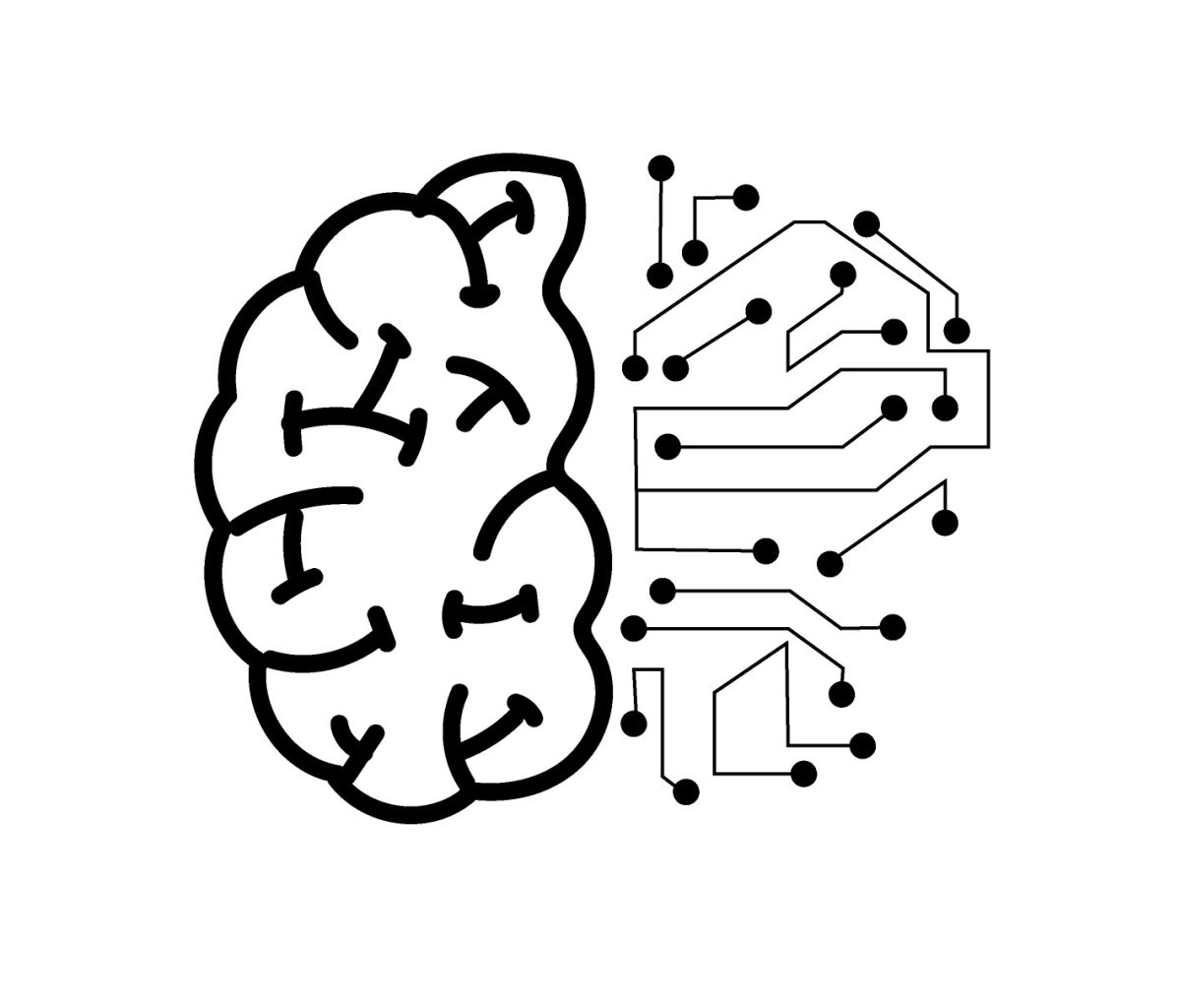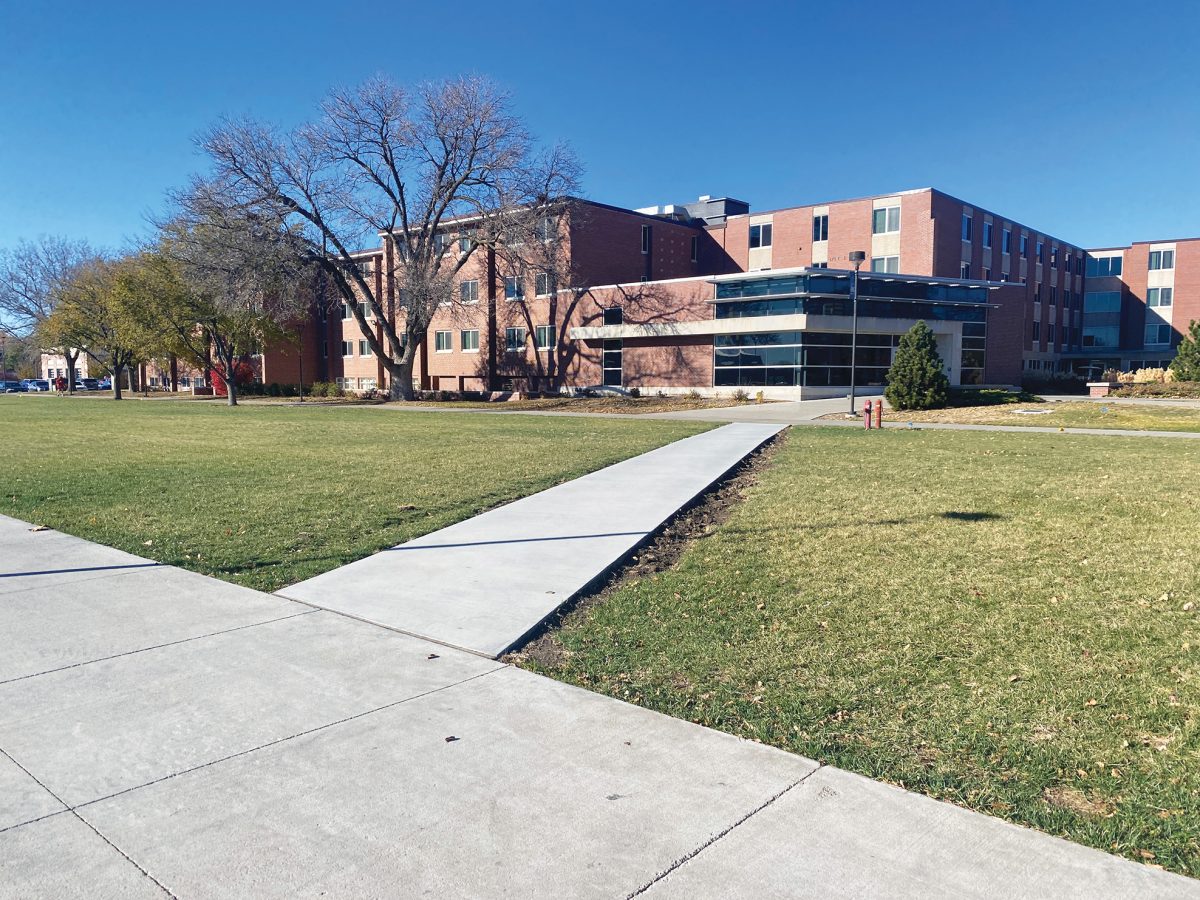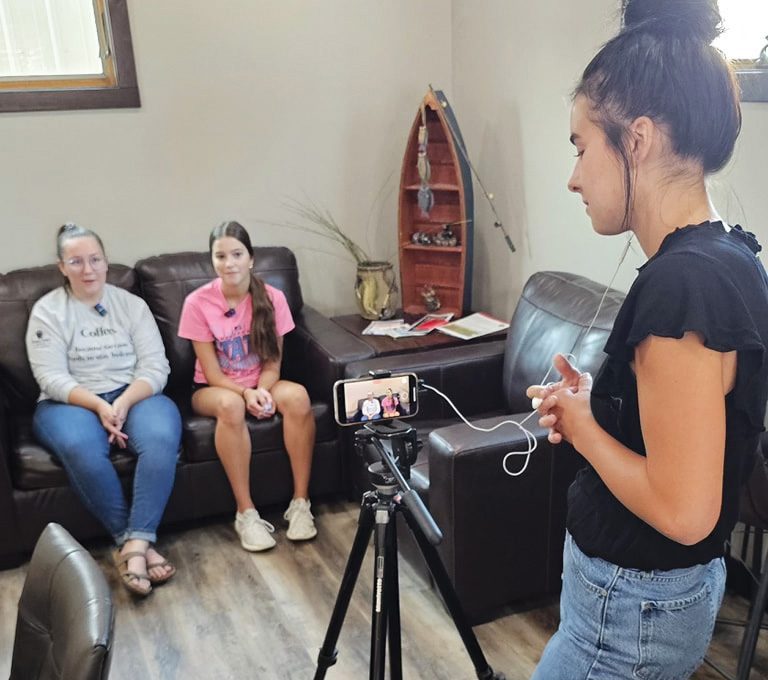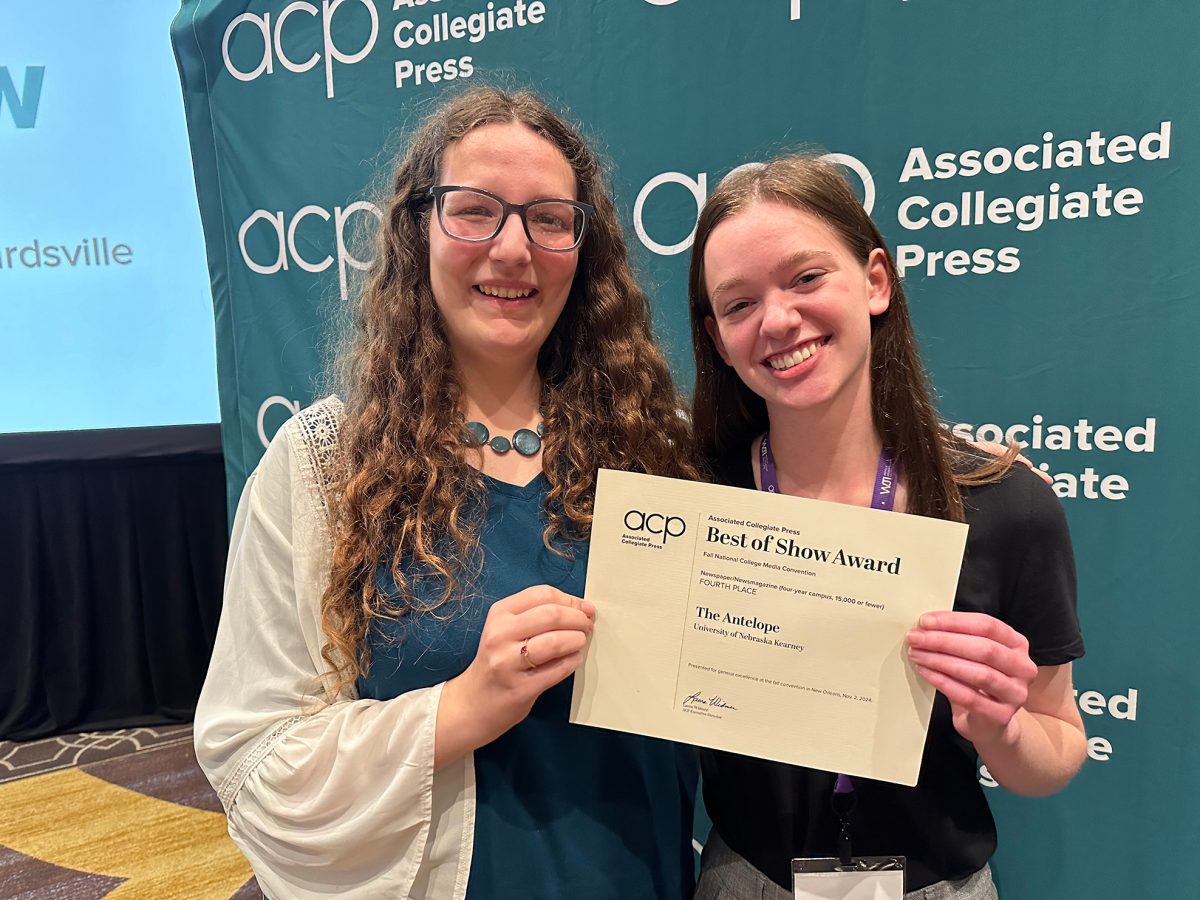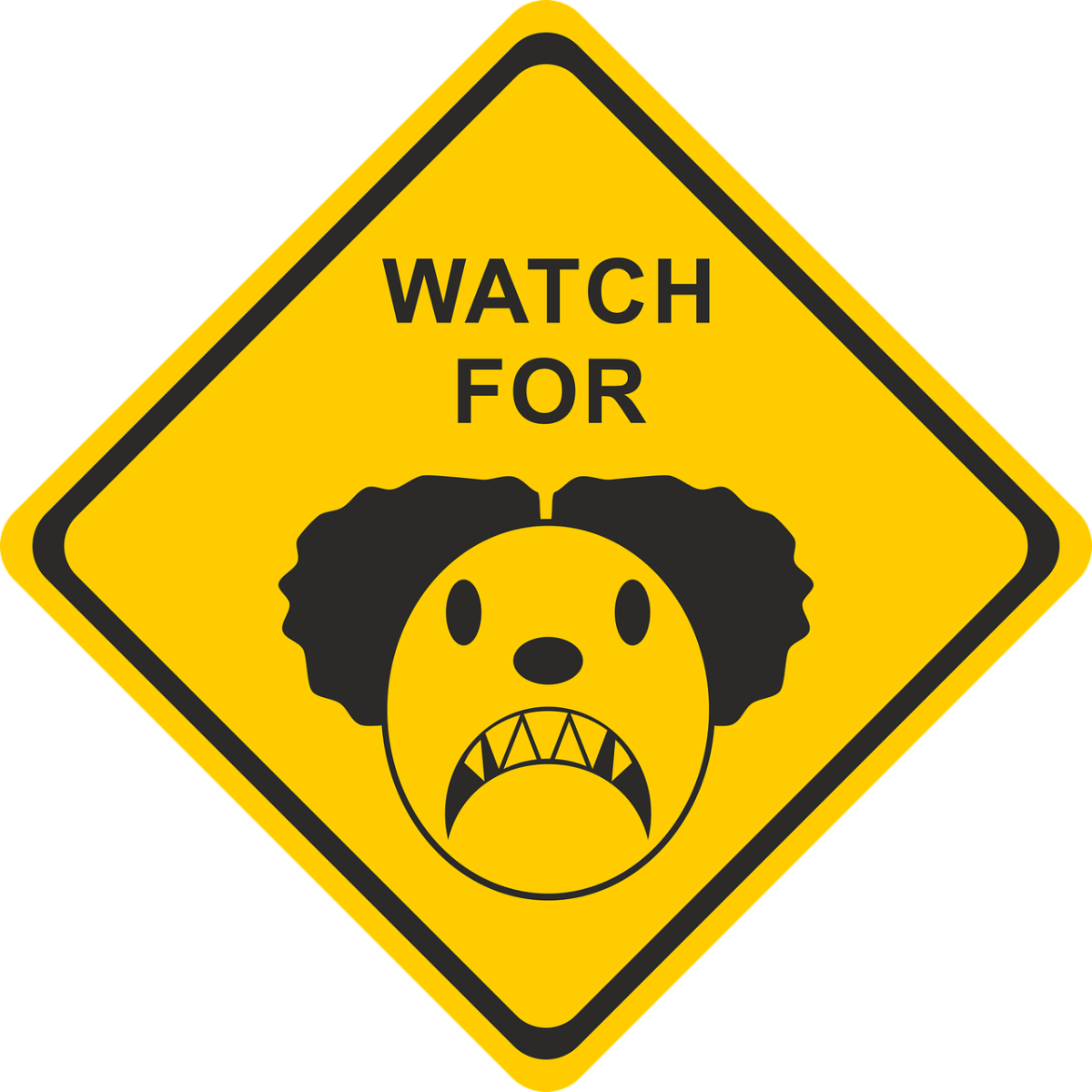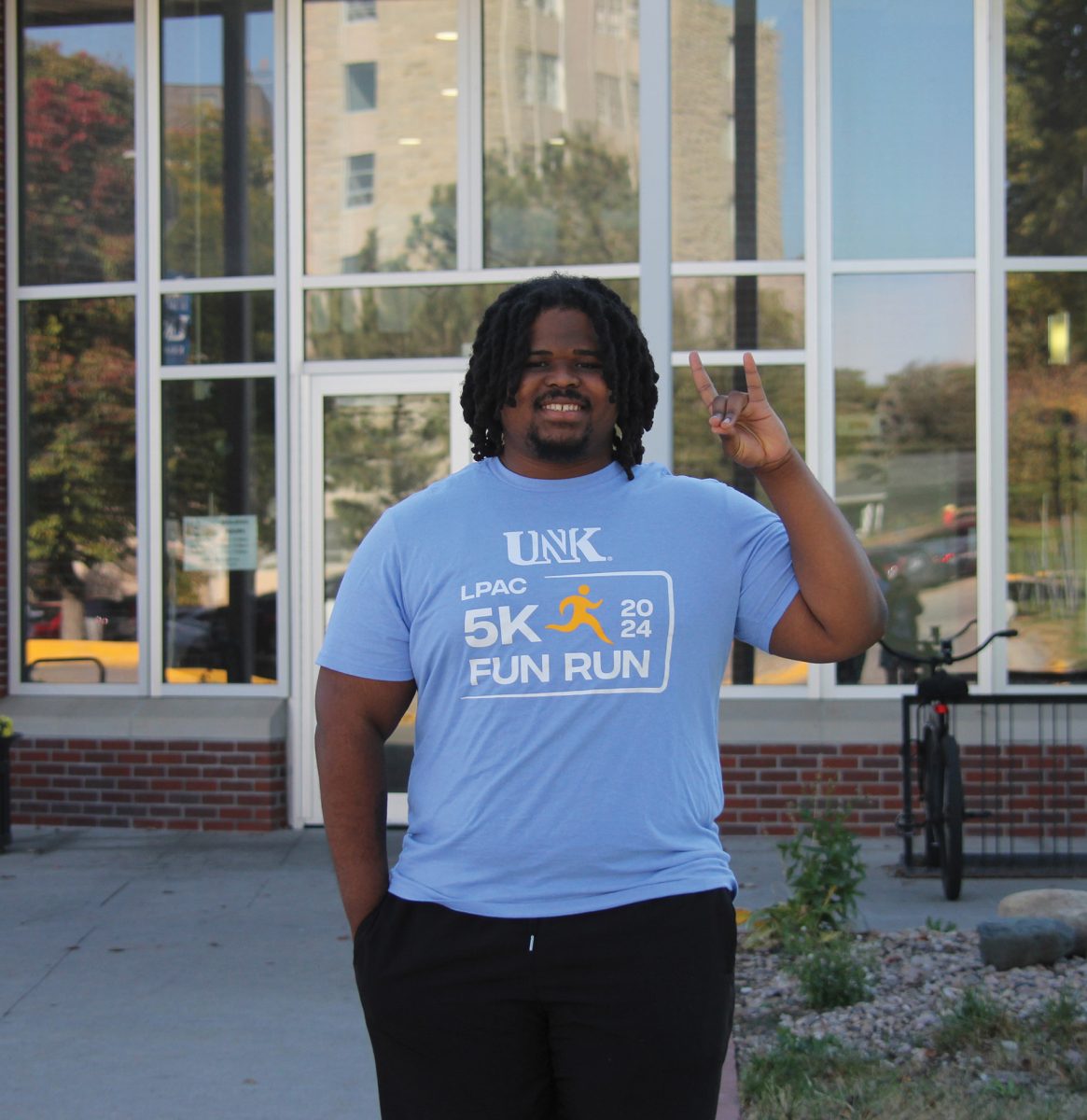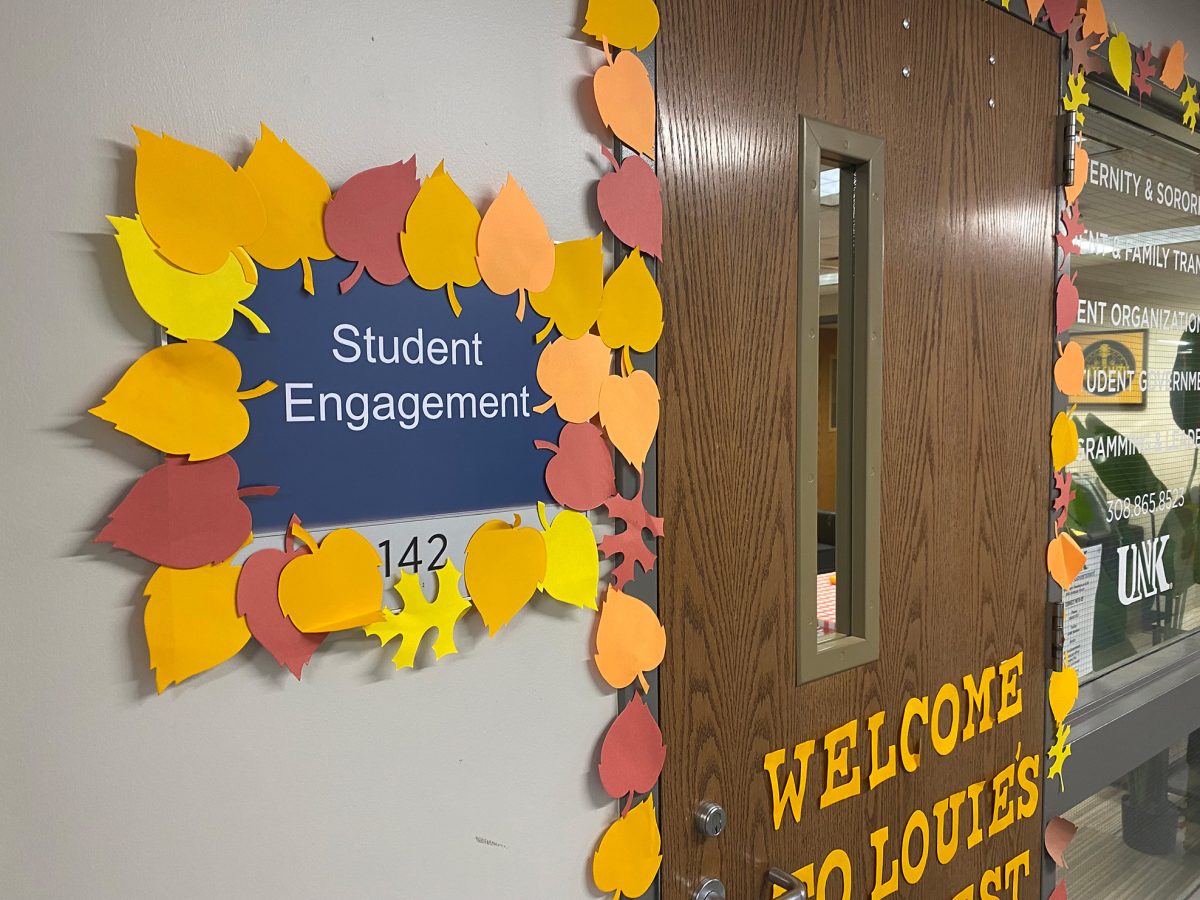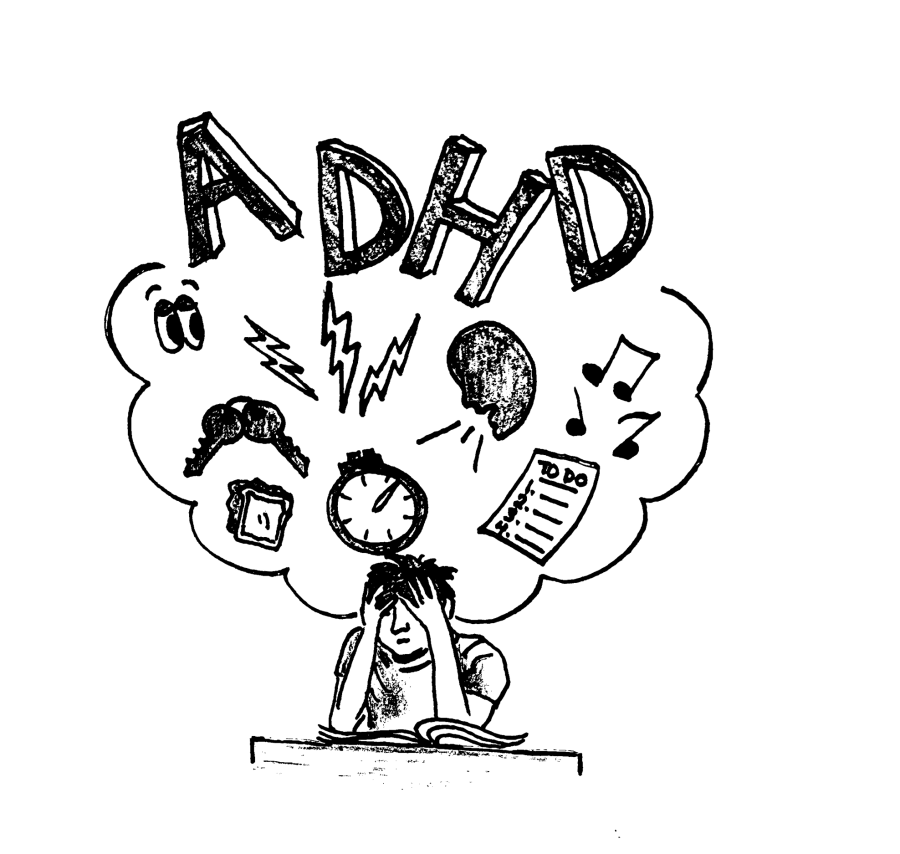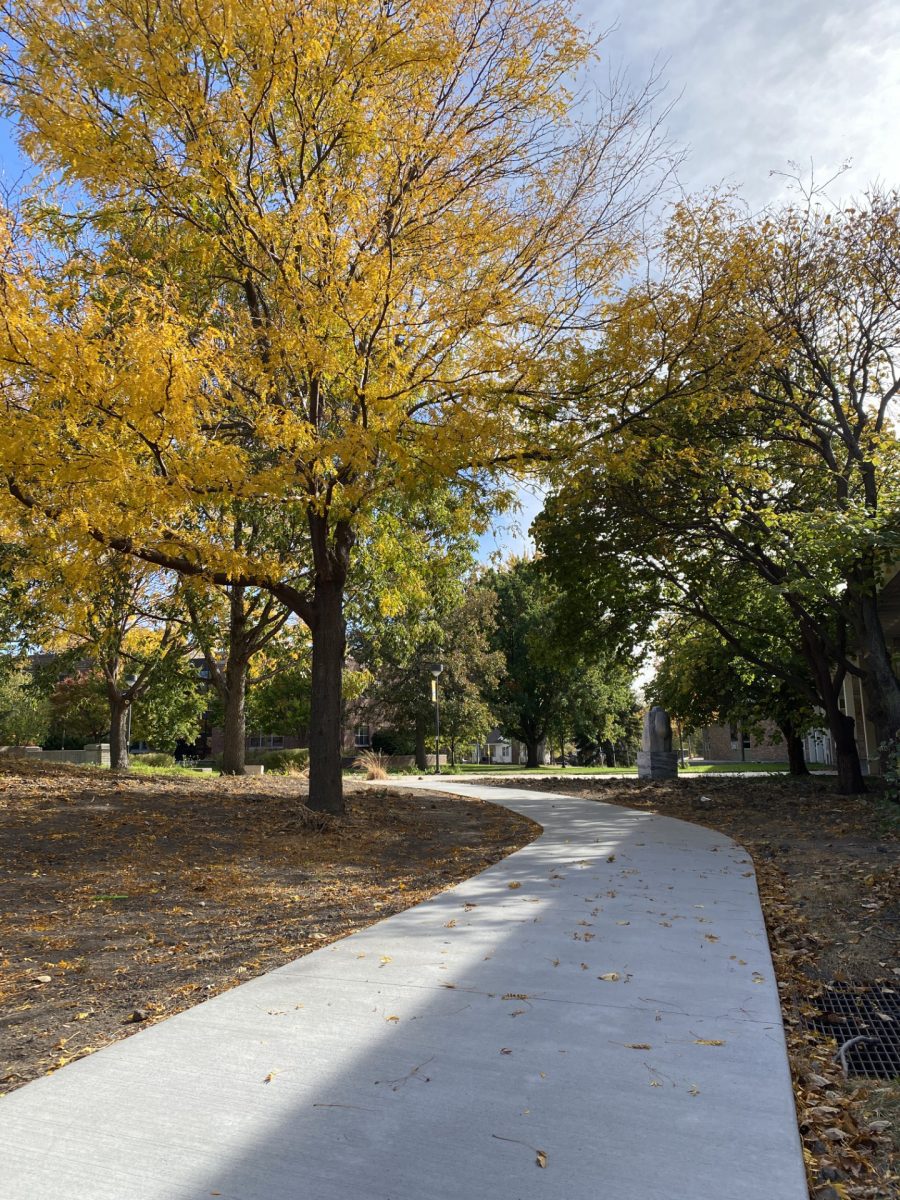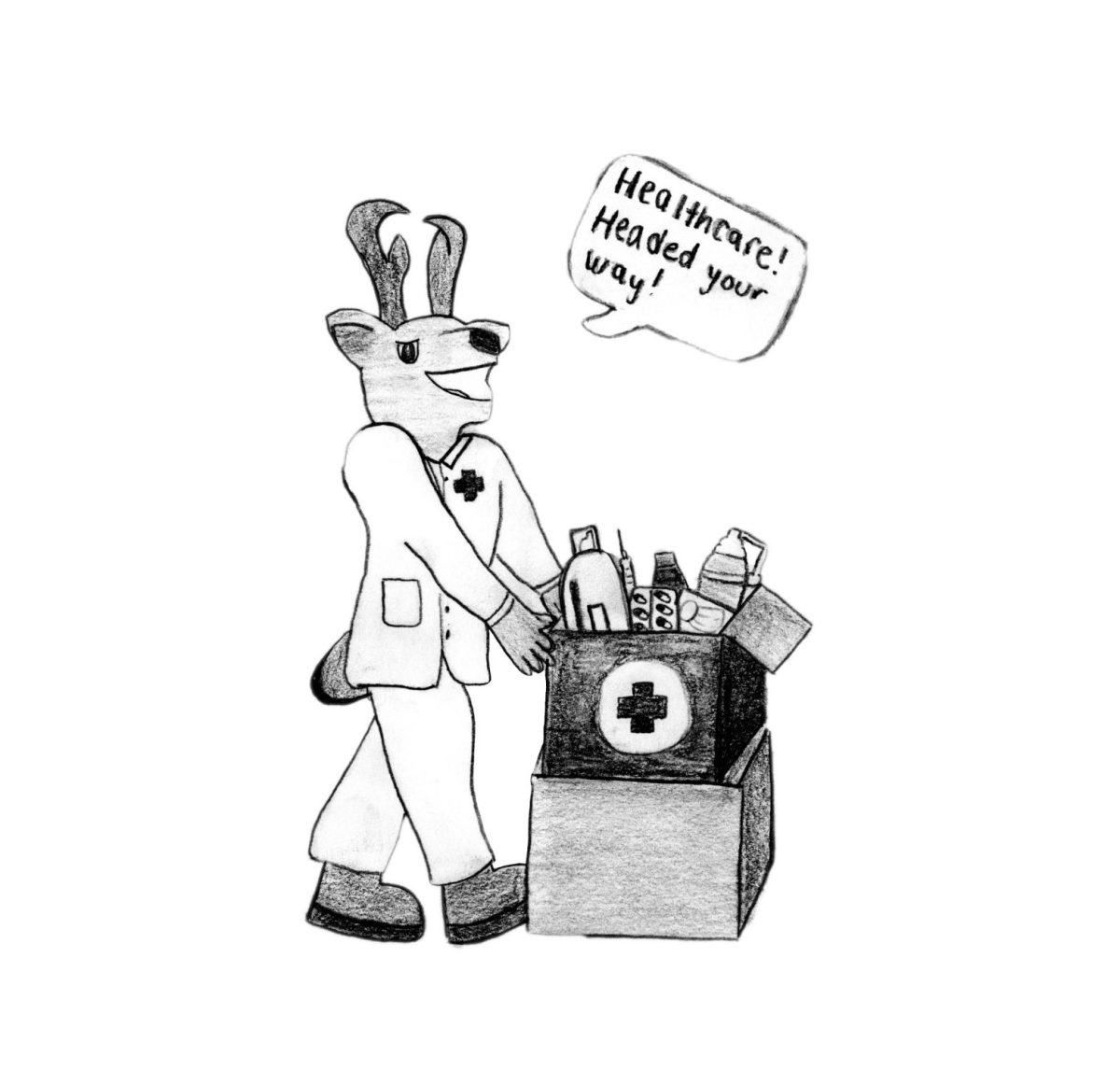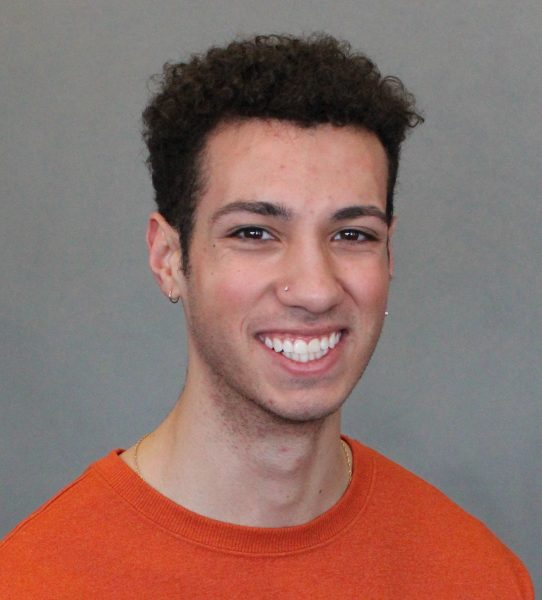torresm@lopers.unk.edu
I was diagnosed with ADHD when I was 17. My diagnosis explained a lot of the problems I have dealt with throughout life. However, it created new problems. How do I navigate my own mind and maintain my academics?
In all honesty, this article was written during crunch time, just like most of what I do daily. Learning how to manage this requires learning more about the condition.
ADHD shows itself differently in everyone, however, the most common symptoms are:
Inattention:
- Difficulty paying attention
- Easily distracted
- Frequent daydreaming
- Forgetting or losing things
- Difficulty finishing tasks or projects; may do their homework but forget to turn it in
- Making careless mistakes
Hyperactivity
- Difficulty staying seated
- Fidgeting or squirming, tapping their hands
- Talking too much
- Always in motion, as if driven by a motor
Impulsivity
- Difficulty taking turns
- Often interrupting others or blurting out answers
- Difficulty waiting for things
Symptoms of ADHD may be primarily inattentive, primarily hyperactive or impulsive or can be a combination of both.
As a child with undiagnosed ADHD, it was primarily written off as simply being a kid with an overactive imagination, who was hyperactive and struggled with authority.
Most adults never understood, it was attributed to disrespect.
ADHD begins to manifest itself differently in adults:
Symptoms evolve as the brain develops. For some people, they largely disappear. For others, they continue into adulthood.
Common challenges for adults include procrastination, poor time management, feeling restless, low-stress tolerance and difficulty completing tasks, like paying their bills.
Adults may also seek out jobs that require high levels of activity or multitasking such as sales.
People with ADHD may also have difficulty regulating their emotions and may be irritable or have a quick temper.
I noticed almost all these symptoms as soon as I moved out of my parent’s house. With no one to keep me on schedule other than myself, I went haywire.
My first semester at UNK was filled with last-second assignments, stressful nights and grades I knew should have been better. It became a constant cycle of being told I was smart and capable and never living up to those expectations. It was rough and felt like no one understood why, myself included.
I decided to try medication as a remedy, and it helped temporarily. The side effects were extremely unpleasant. My ADHD was subdued but it felt like part of my personality was as well.
I had to ask myself how to manage this condition as a college student. Here’s what I’ve found helps me.
Focus on one task at a time.
This helps me maintain focus on projects I’ve been putting off. Setting a timer for 15 minutes of work at a time helps chunk things out into more manageable tasks.
Repeat to remember.
Repeating back verbatim what someone has said helps me remember multistep instructions and ensures that the thought doesn’t escape my mind.
Be realistic.
Realizing I can’t do everything myself all the time. Delegating what I can and creating a realistic timeline helps me keep things in order and helps prevent procrastination.
Remember to check up on your ADHD friends. There’s a constant stream of random thoughts running through their mind and remember impulsive decisions aren’t necessarily acts of disrespect and uninterest.

